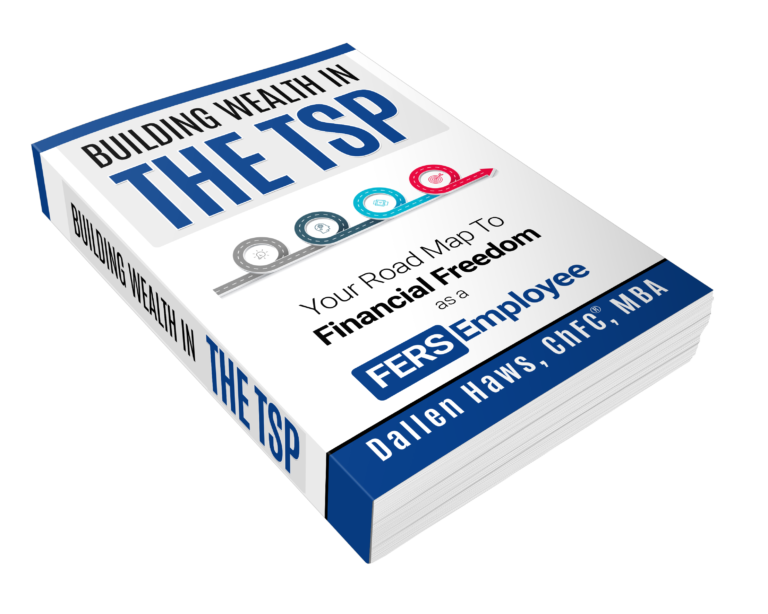Question 1
Can I invest separately with companies such as vanguard for example or open a roth account even though I have a tsp account?
Answer 1
Yes, you certainly can invest with Vanguard even while using the TSP.
However, if you’d like to use an IRA, there may be some limitations based on your income.
You can learn more about investing in the TSP and IRA at the same time.
However, you can always use and invest in a brokerage account no matter how much money you earn at your job.
Question 2
How is the TSP match calculated when contributing to the spillover catch-up limit? Is it 5% of the catch-up is matched or 5% of your whole TSP contribution (catch up + tsp contributions)?
Answer 2
Neither. It is 5% of your salary. For example, if you make 100k/year then your agency will put up to $5,000 into your TSP (assuming you are also contributing at least that much).
Question 3
I am confused. I have been told that once I retire my FEHB will not go up ever. I know the Fed will continue to pay the same percentage (72%) of it. Are you saying the premium cost will go up?
Answer 3
You are right that your FEHB premiums will not increase just because you retire.
Note: The only exception to this rule is if you are a USPS employee under the special bargaining agreement that allows you to get cheaper FEHB while you are working. If this is you then your FEHB premiums will go back to their normal level once you retire.
However, once you retire, you will no longer be able to pay your premiums with pre-tax dollars so while the premium doesn’t technically change, it will cost you a little more in retirement.
Also, just like it did during your career, the individual FEHB plans will increase their premiums over time.
For example, in 2021, the Blue Cross Blue Shield Standard Plan for Self+1 was $608.43 but is now $627.49 in 2022.


